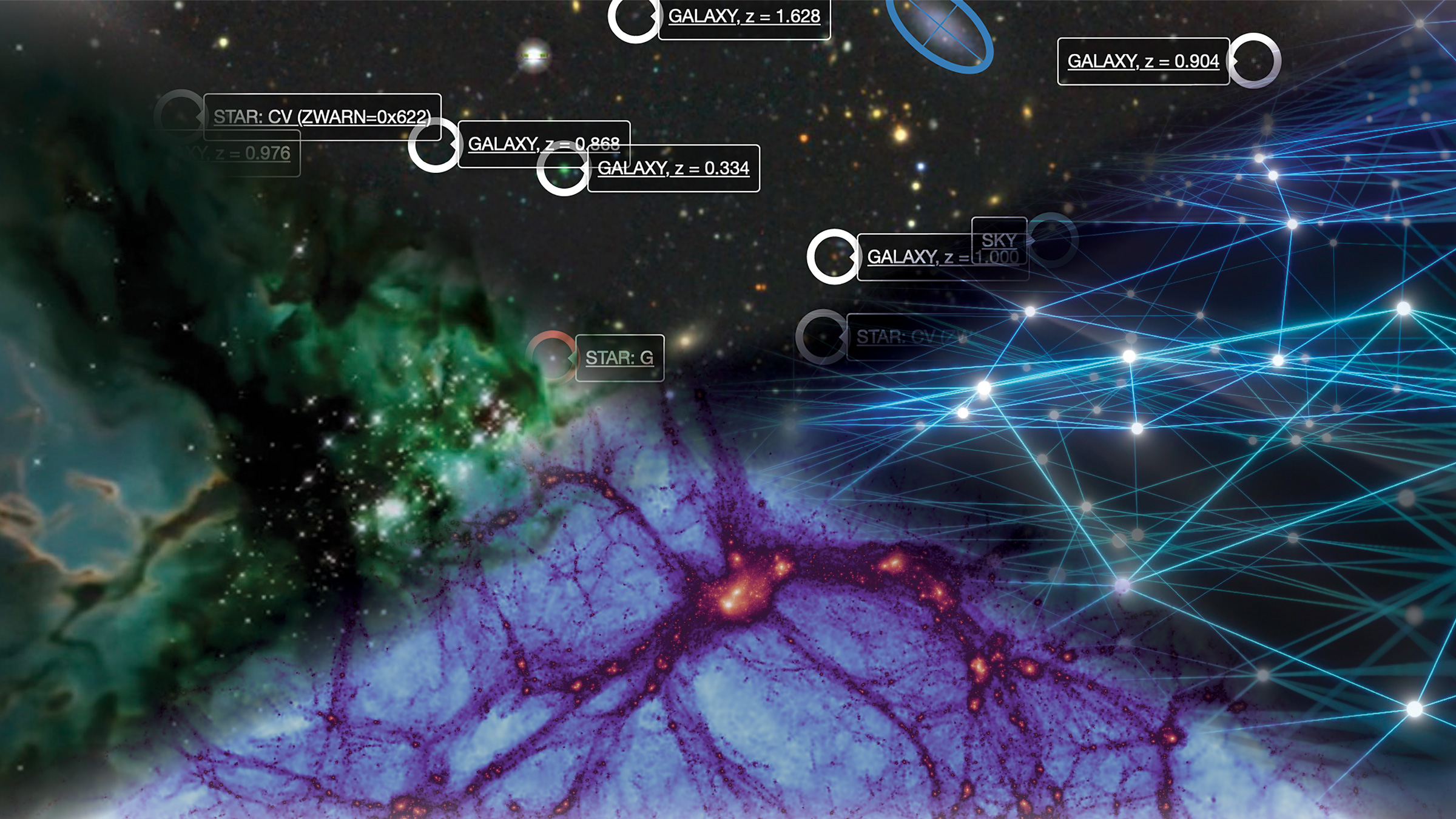The University of Texas at Austin has been chosen to lead a new institute that harnesses artificial intelligence to explore some of the leading mysteries of the universe, including dark matter and the fundamentals related to the search for life. Housed in UT’s Oden Institute for Computational Engineering and Sciences, the NSF-Simons AI Institute for Cosmic Origins will be funded by the National Science Foundation (NSF) and the Simons Foundation. Its mission is to develop AI technologies for astronomical research to advance our understanding of the cosmos and accelerate the pace of new scientific discoveries.
“This is an exciting opportunity to advance our understanding and help answer some of the most fundamental questions about the universe. As part of our campus, NSF-Simons CosmicAI will drive discovery using AI, enabled by an incredible set of talented people and the largest GPU cluster in all of academia. And, through the Oden Institute, it will collaborate with eight scientific domains that are among the best in the country,” said UT President Jay Hartzell. “As astronomical data tend to be public and non-proprietary, CosmicAI aligns with our University’s mission to use open AI as an enabler for the public good. We are grateful for our partnership with NSF and the Simons Foundation to launch this institute.”
CosmicAI, which further advances UT’s 2024 “Year of AI” initiative, will unite an interdisciplinary group of faculty and researchers under one umbrella to expand AI innovation in astronomy. It will span eight departments with more than 17 faculty in the areas of astronomy, computer science, statistics and data science, linguistics, information sciences, math, mechanical engineering and aerospace engineering.
